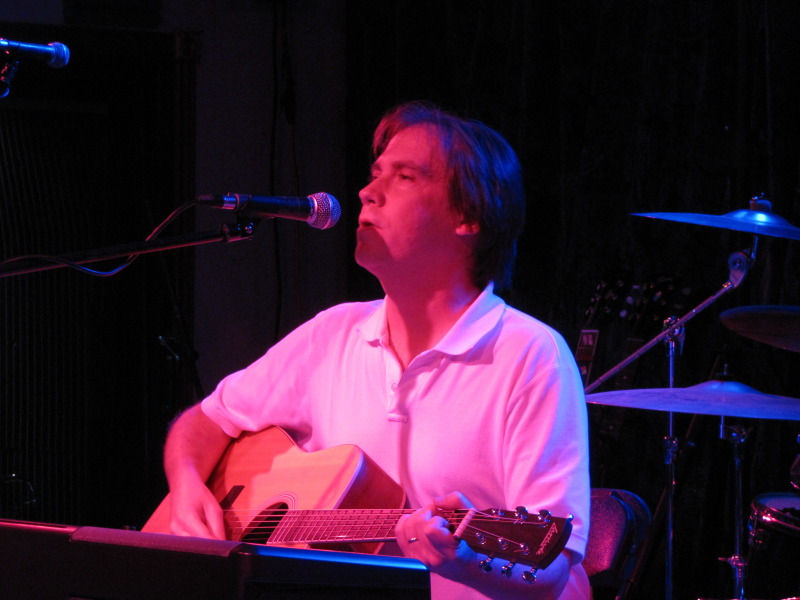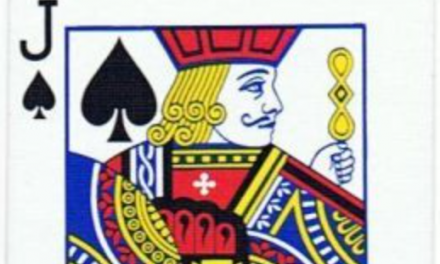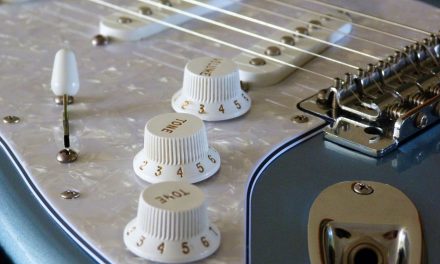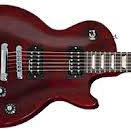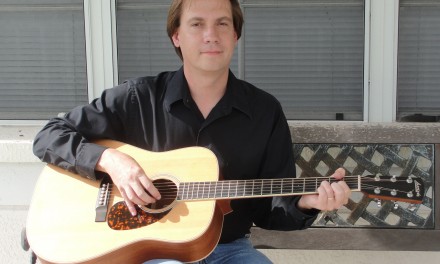In doing my “solo performer” thing for years now, I’ve learned a lot. I’ve done successful gigs, and I’ve had some go sideways. I’ve never been openly booed by an audience, but I’ve seen 90% of an audience leave. I’m not sure which is worse.
In general, solo performer gigs are successful or unsuccessful based on song selection, not necessarily the skill of the musician. Most people WANT you to be good and will give you the benefit of the doubt – they want to hear songs they know and like, and while they do expect you to sing the right words and notes, they’re not expecting Frank Sinatra. For you youngsters, insert the name of any really good singer in place of Frank.
When I’ve been successful and when I’ve failed, it’s been based on whether the people in the room know the songs I’m doing. The audience as a whole needs to know 90% of the songs you do. I think you can slip in one original per 10 songs, as long as the other 9 songs were radio hits. I can do a decent version of “Fly By Night” by Rush, but it’s not going to fly with most people.
Making sure everyone knows the songs you’re doing can help avoid bad gigs, but a good gig will do more. A good soloist will perform songs that people know AND LIKE. Most musicians have seen the movie “The Blues Brothers,” and the scene in the country bar is a worst case scenario for most of us – to be in a situation that is NOT our genre. How can that be avoided?
Scouting Your Gigs
First, scope out a place. Ask questions. If the place has a website, you can see the names of other acts that’ve played there (more than once), and you can go to the websites (or Facebook pages) of those acts and see what kind of music they play. After that, it’s a question of decades and genres.
Which Decades?
A retirement audience is going to be into music from the 50s and 60s, and maybe the 70s. You look at the age range and average of a place and you can figure out the music decades that’ll work. Let’s say you decide to play music of the 60s through 80s. How do you pick the songs? Obviously a lot of that will be based on what you already know how to play, but there are two great methods for finding out popular songs from each decades: you can look at lists of hit singles from each decade, and you can also find song lists for DJs that are used for song selection. We do something very similar to what a DJ does. Wedding receptions, whether they have a DJ or a band, will often end up with the same collection of songs.
Which Genres?
Most bars, restaurants, and venues cater to a small selection of genres. I’m in a rural Florida area and it’s a little unique in that country music is bigger here than in some other places, so a gig featuring music of the 60s through the 80s will usually need some country tossed in. “Friends in Low Places” is a good example of a country song that works well and everyone knows. I can do a few of them, but I couldn’t do an entire night of country (without several months of prep work) so I won’t play at “country” bars.
One Final Tip
At the gigs where I blew it, it was always because I didn’t have ENOUGH of the type of songs people wanted to hear. Using the country example, you might know 4 or 5 country songs and start the gig with them, and people will like you. But once you start playing songs by the Alan Parsons Project, you’re going to be in trouble. If possible, it is always a good idea to have more songs (that will work) than you need. Easy to say, hard to do, but worth the time.

